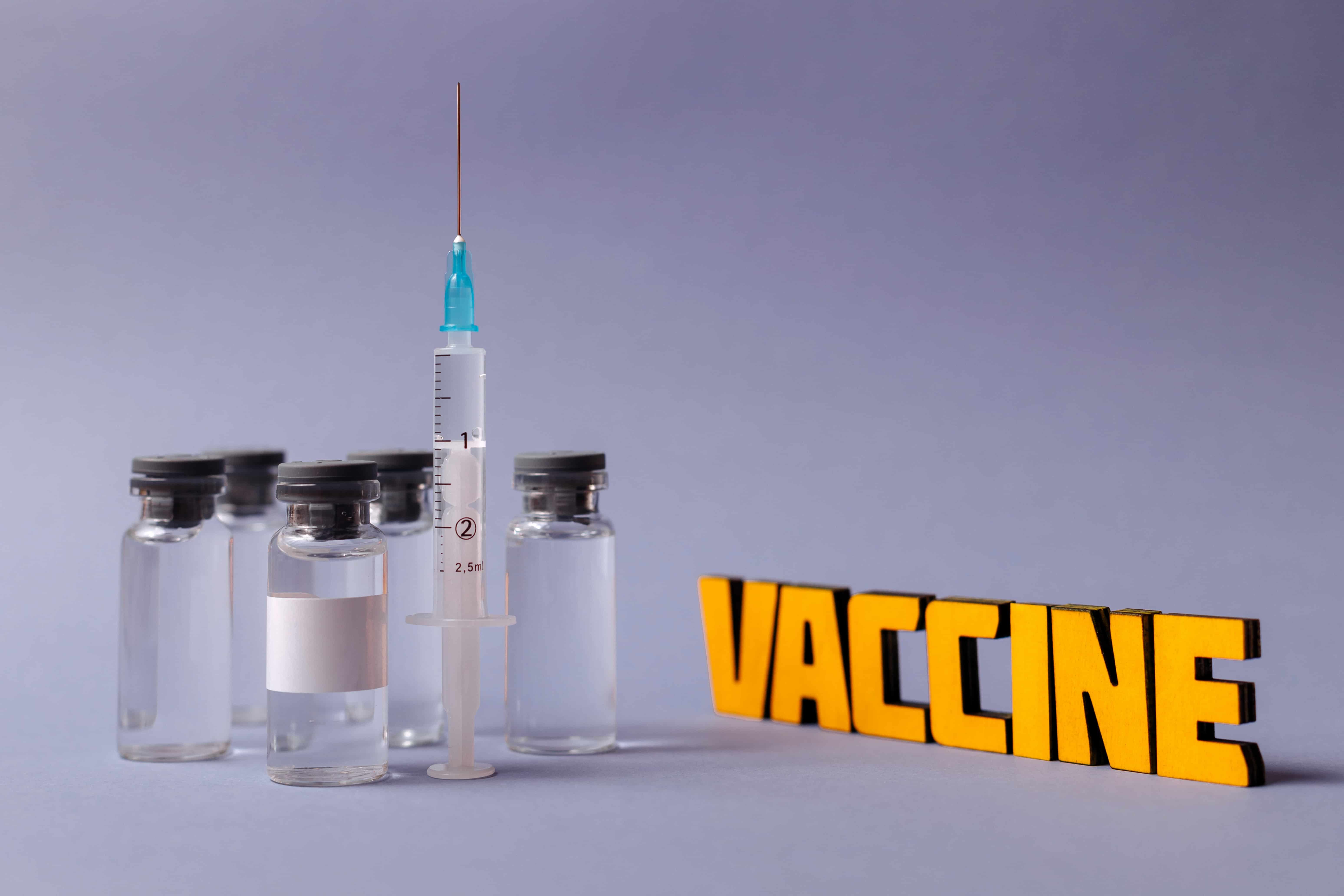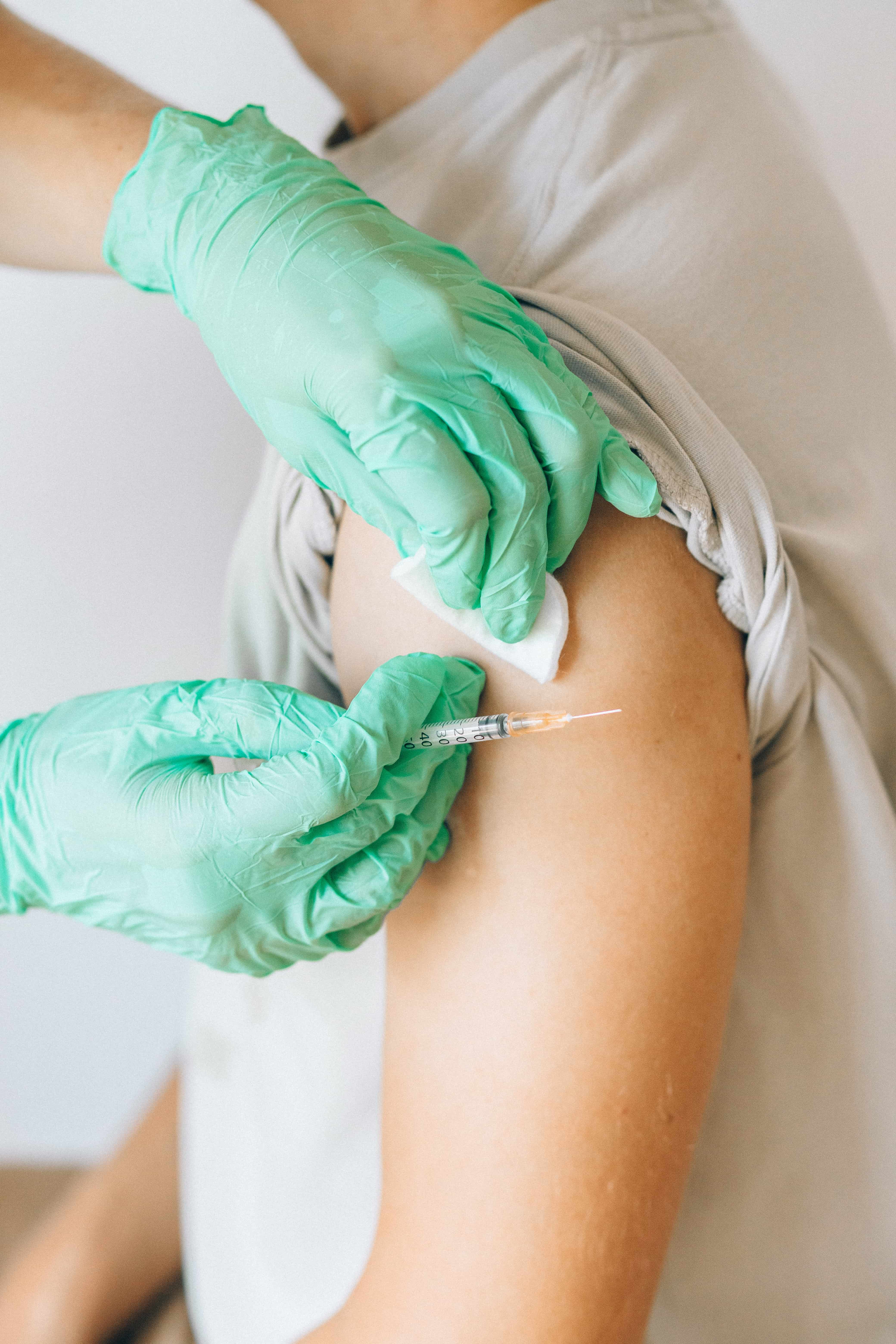In recent years, the anti-vaccination movement has gained momentum, fueled by misinformation and skepticism about the safety and efficacy of vaccines. This resurgence of vaccine hesitancy has had far-reaching consequences, including the resurgence of preventable diseases that were once on the brink of elimination. This article delves into the anti-vaccination movement’s impact on public health and the alarming return of diseases once thought to be under control.
The Anti-Vaccination Movement: Origins and Ideology
The anti-vaccination movement is not a new phenomenon; it has roots dating back to the earliest days of vaccines. However, in the age of the internet and social media, it has found new avenues to propagate its message. The movement is fueled by various beliefs and ideologies, including concerns about vaccine safety, distrust of pharmaceutical companies, and a desire for personal autonomy in healthcare decisions.

Misinformation and Vaccine Skepticism
A significant driver of the anti-vaccination movement is the spread of misinformation and pseudoscience. False claims linking vaccines to autism, toxins, and long-term health risks have circulated widely on social media platforms, sowing seeds of doubt in the minds of parents and individuals. This misinformation has been debunked by extensive scientific research, but its persistence remains a challenge.
The Resurgence of Preventable Diseases
The consequences of the anti-vaccination movement are evident in the resurgence of preventable diseases. Diseases like measles, mumps, and whooping cough, which were on the brink of elimination in many regions, have made a troubling comeback:
1. Measles: Measles, a highly contagious disease, has resurged in various parts of the world. In 2019, the United States experienced the highest number of measles cases in nearly three decades, primarily due to declining vaccination rates.
2. Mumps: Mumps, once rare, has reappeared in outbreaks, often on college campuses or in close-knit communities with low vaccination rates.
3. Pertussis (Whooping Cough): Pertussis cases have increased in multiple countries, posing a particular threat to infants who are too young to be fully vaccinated.
4. Polio: In regions with low vaccination coverage, the polio virus has re-emerged, reversing decades of progress toward global eradication.
Public Health Consequences
The resurgence of these preventable diseases has grave public health implications:
1. Increased Risk: Unvaccinated individuals, including infants, the elderly, and those with compromised immune systems, face a heightened risk of contracting and suffering from vaccine-preventable diseases.
2. Strain on Healthcare Systems: Outbreaks of preventable diseases strain healthcare systems, diverting resources from other pressing health issues.
3. Herd Immunity Erosion: High vaccination rates are crucial for achieving herd immunity, which protects those who cannot be vaccinated. The anti-vaccination movement undermines this critical defense.
4. Global Impact: Preventable diseases know no borders. Resurgences in one country can spread to others, particularly in our interconnected world.

Countering Vaccine Hesitancy
Countering vaccine hesitancy is a complex challenge that requires a multi-pronged approach:
1. Education: Promoting vaccine literacy and providing accurate, evidence-based information about vaccines is essential.
2. Healthcare Provider Engagement: Healthcare providers play a pivotal role in addressing vaccine hesitancy by building trust and engaging in open, empathetic conversations with patients.
3. Legislation: Strengthening vaccination laws and regulations can help boost vaccination rates and protect public health.
4. Media and Social Media Responsibility: Media outlets and social media platforms must combat the spread of vaccine misinformation by implementing policies to address false claims.
Conclusion
The resurgence of preventable diseases due to the anti-vaccination movement is a stark reminder of the critical importance of vaccines in protecting public health. Addressing vaccine hesitancy requires a concerted effort from healthcare providers, public health officials, policymakers, and society as a whole. The ultimate goal is to ensure that vaccines, one of the greatest achievements in public health, continue to safeguard individuals and communities from preventable diseases, sparing future generations from their devastating effects. In a world grappling with complex health challenges, vaccines remain a beacon of hope, and their importance cannot be overstated.
